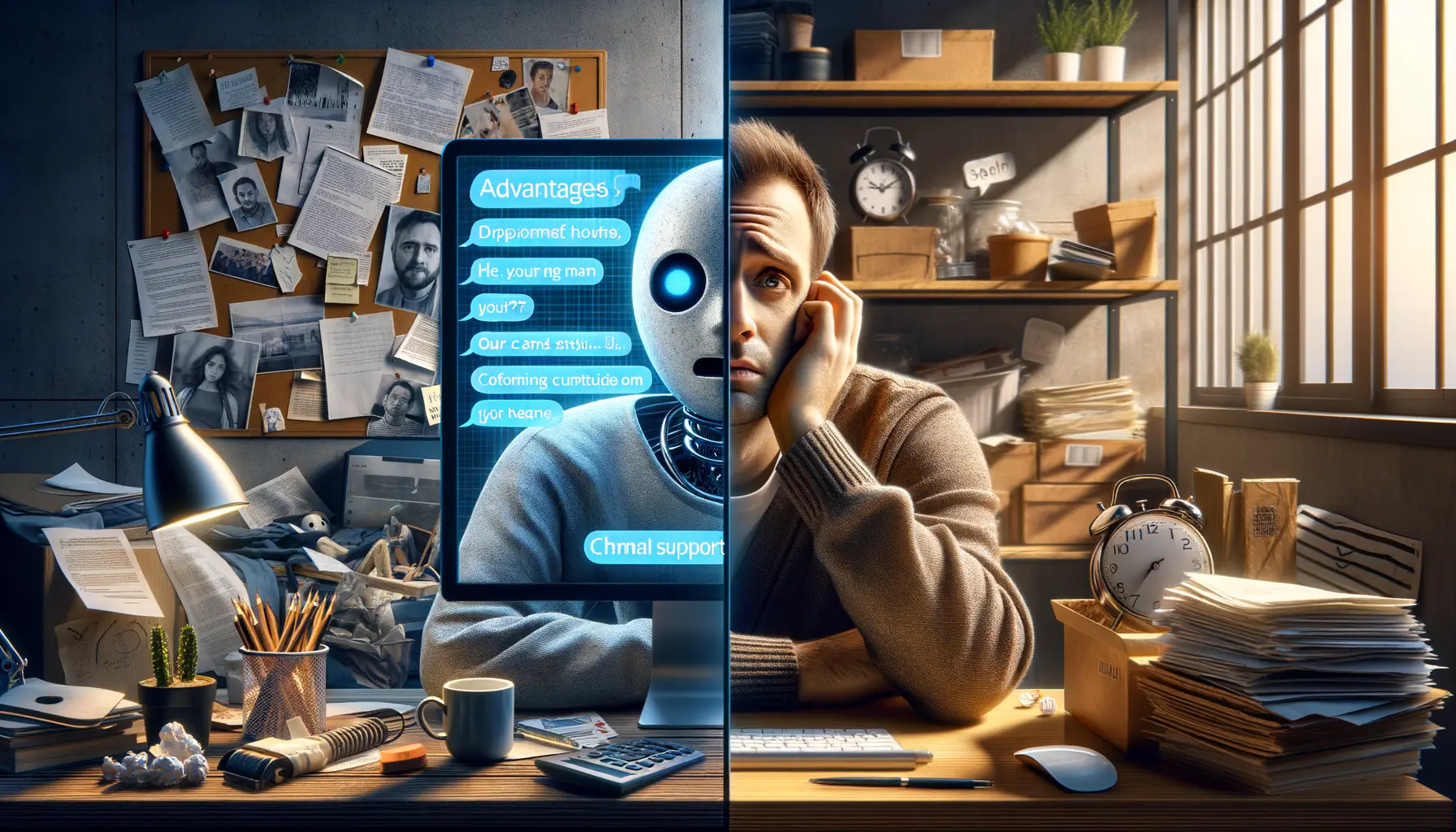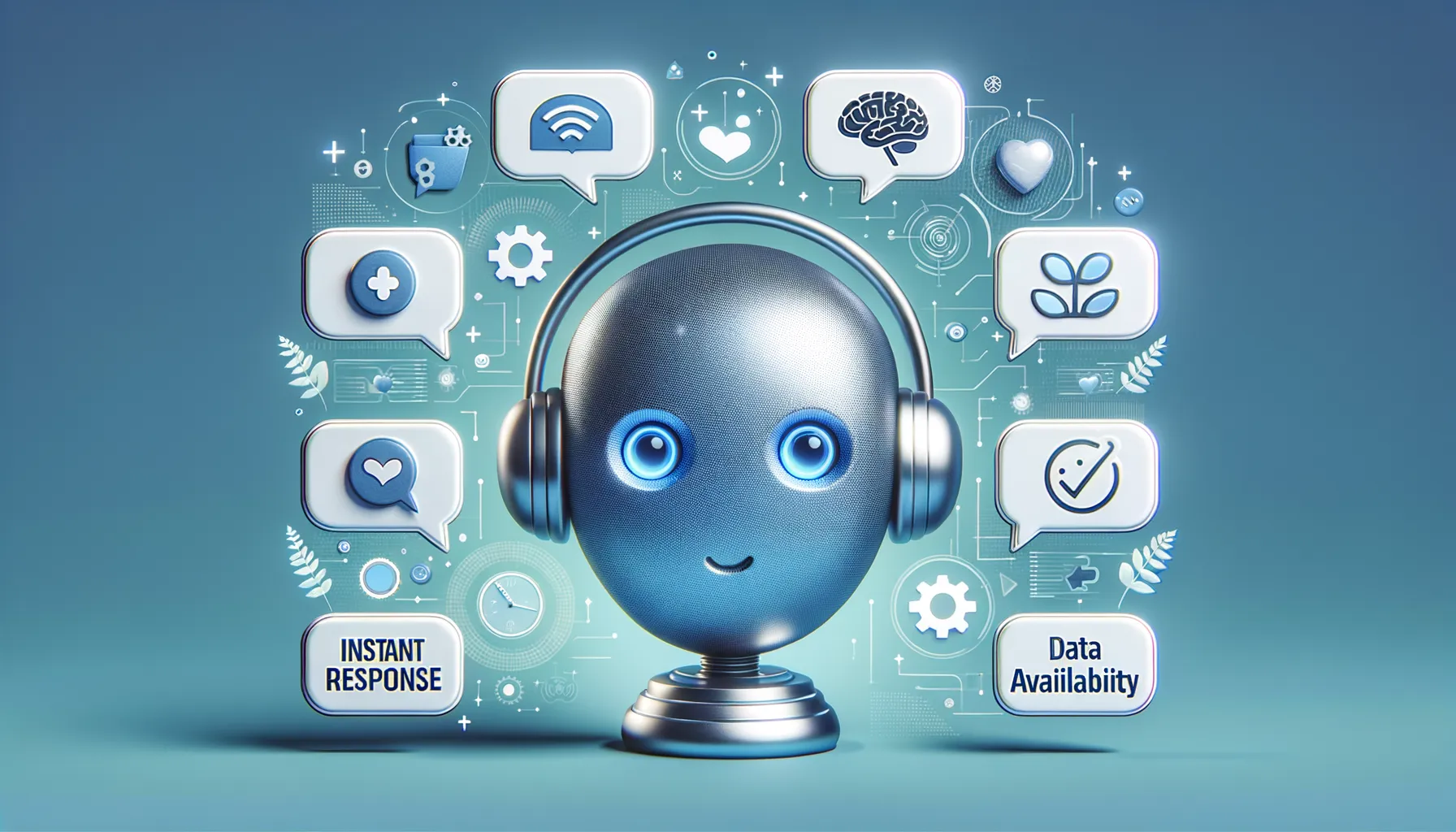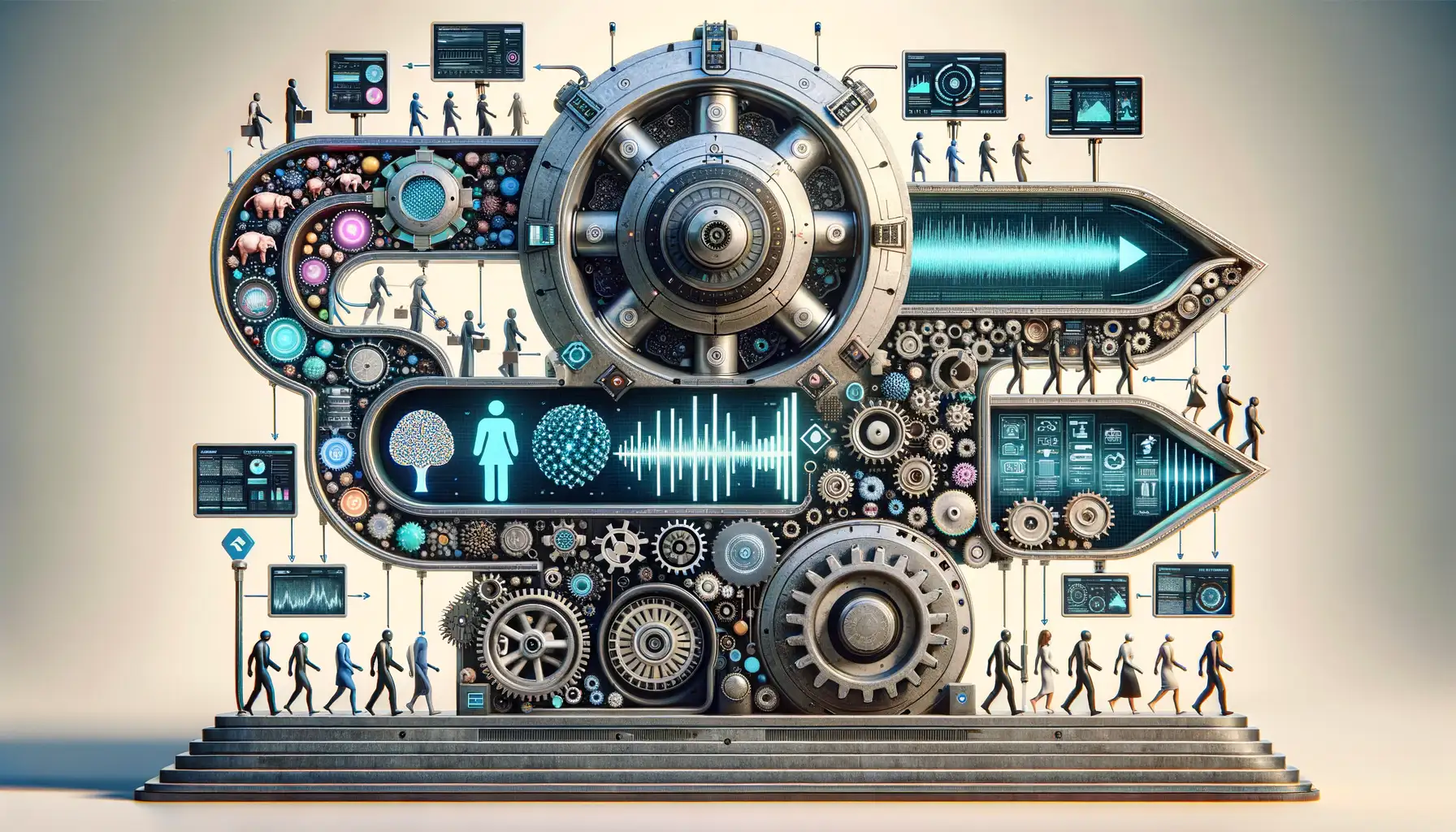Understanding the Role of Chatbots in Mental Health
The Surprising Connection Between AI and Emotional Well-Being
Imagine pouring your heart out at 2 a.m., when the world is fast asleep, and finding an empathetic listener. For many, that’s exactly what mental health chatbots provide—a safe, judgment-free space to be heard. These digital companions might lack a heartbeat, but they’re wired to understand complex emotions, offering not just conversation but comfort.
The magic lies in their ability to mirror human empathy while providing real-time support. Whether it’s helping you deconstruct overwhelming thoughts, guiding you through breathing exercises, or simply reminding you that tomorrow can be better, these chatbots are becoming trusted allies in emotional well-being.
What sets them apart? Here’s the beauty of it:
- Unwavering availability: They’re there for you 24/7, no “office hours” required.
- Judgment-free zones: Forget the fear of opening up; you’re speaking to someone—or something—that won’t criticize or belittle.
- Custom-tailored help: From stress management to grief counseling, they dish out advice based on your unique needs.
It’s not just code—it’s compassion, served up in a way that feels personal, approachable, and surprisingly human.
Advantages of Chatbot-Based Mental Health Support

Everyday Accessibility, Anytime You Need It
Imagine having a compassionate listener available at 2 a.m., when your thoughts are racing and sleep feels impossible. That’s the beauty of chatbot-based mental health support: it’s there whenever you need it, no appointments, no waiting rooms. For someone juggling a demanding job, parenting, or simply feeling too overwhelmed to seek traditional therapy, this can feel like a lifeline.
What’s more, chatbots provide a sense of anonymity that’s often key for opening up. Sharing your struggles might feel daunting in person, but with a chatbot? It’s like writing in your most trusted journal—only this one listens and responds thoughtfully.
- Available 24/7: Your emotions don’t stick to a 9-to-5 schedule, and neither do these virtual companions.
- No judgment zone: Say everything on your mind without fear; your honesty is met with kindness every time.
- Cost-effective: Forget hefty bills. Many chatbots offer free or budget-friendly support for all.
Guided Growth at Your Own Pace
Ever wished you could pause life to process your feelings? Chatbots allow you to reflect, breathe, and step forward when you’re ready. With tools like mood tracking or mindfulness exercises, they gently guide you into better habits without rushing you. It’s like having a patient coach who celebrates tiny victories—because progress shouldn’t be measured only by leaps, but by your smallest steps forward.
Key Features of Effective Mental Health Chatbots

The Secret Ingredients Behind Great Mental Health Chatbots
Let’s be real—when we talk to a mental health chatbot, we’re already in a vulnerable place. So, what separates the truly effective ones from the “meh” ones? It all comes down to how well they understand, connect, and guide.
First, there’s natural language processing (NLP). The best chatbots don’t just spit out cookie-cutter responses—they “listen” like a close friend. Imagine opening up about a tough day and being met with insightful, empathetic replies instead of robotic platitudes. That’s NLP working its magic.
Next, personalization is king. A stellar chatbot remembers your struggles with anxiety or your progress toward self-care goals. It doesn’t lump you into some generic “user” category.
- 24/7 availability: No matter if it’s 2 a.m. and the world feels heavy, the right chatbot is there, steady as a heartbeat.
- Evidence-based tools: From guided breathing exercises to Cognitive Behavioral Therapy tips, the good ones come armed and ready with science-backed techniques.
Emotional Intelligence Wrapped in Tech
Here’s the kicker: chatbots need to “get you.” They recognize when you’re distressed and adjust their tone—gentle when needed, uplifting when you’re down. Think of it like having a digital cheerleader who knows exactly when to hand you a pep talk or a calming mantra.
Lastly, let’s not forget accessibility. Anyone, anywhere, on any device—no barriers, no fancy apps required. A truly great chatbot democratizes mental health support, putting it in every pocket.
Current Challenges and Ethical Considerations

Balancing the Human Touch with AI Precision
When it comes to mental health, one size doesn’t fit all. While chatbots can be remarkably intuitive, they’re still navigating the delicate dance of being emotionally supportive without fully understanding human depth. Imagine pouring your heart out and getting a response that feels just a little too… clinical. It’s like talking to someone who nods but doesn’t truly *hear* you. Ensuring chatbots bring enough empathy to the table without losing their precision is a challenge developers face daily.
Then there’s the big question: how far should chatbots go? They’re not therapists, so what happens if someone shares a serious crisis, like thoughts of self-harm? Should the chatbot escalate immediately, or try to de-escalate first? Striking this balance between help and harm isn’t just tricky—it’s critical.
Privacy: The Elephant in the Chat Room
Imagine sharing your deepest fears—only to worry about where that data goes. This is no small fear in a digital age. Companies must ensure:
- No sensitive chats fall into the wrong hands.
- User data remains encrypted and untouchable, even to internal teams.
- Clear transparency on what’s collected and why.
Trust is the foundation of any mental health journey, and users deserve nothing less than rock-solid security. After all, vulnerability is hard enough without worrying if your secrets are safe.
Future Trends in Mental Health Chatbot Technology

Revolutionizing Emotional Support with AI
Picture this: a future where your mental health chatbot not only remembers your name but also knows the nuances of your emotional world, like that one friend who “just gets you.” The evolution of chatbot technology is not just about answering queries—it’s about creating virtual companions that feel human. How? Through advancements like emotional AI. Imagine a chatbot detecting not just what you say but *how* you say it, picking up on the tone of your voice or even the pauses between your words.
Here’s the kicker: they’ll soon be able to offer hyper-personalized support tailored to your life story and day-to-day struggles. Think of them analyzing patterns in your moods across weeks or months, proactively nudging you when signs of burnout or stress creep in. It’s high-tech empathy in action.
- AR and VR integration: Ever considered meditating in a serene forest while talking to your AI? Augmented and virtual reality might soon make that a reality.
- 24/7 multilingual support: A seamless chat in French today, Spanish tomorrow, and Mandarin next week? Why not?
These aren’t pipe dreams—they’re right around the corner, promising a level of care we couldn’t have imagined a few years ago. The future feels hopeful, doesn’t it?







